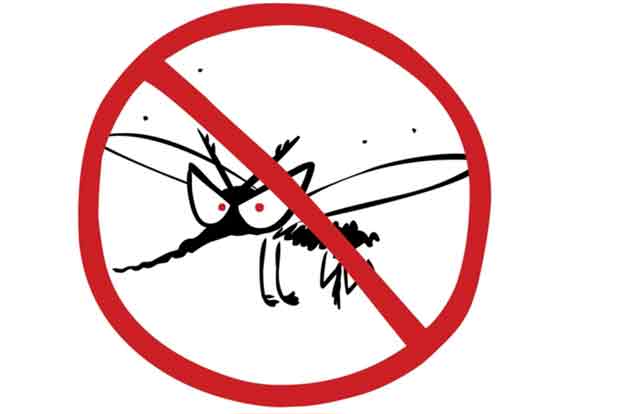What is Malaria?
Apr 19, 2022
Malaria is a major cause of fever in tropical and subtropical countries. India is an endemic region for malaria with transmission occurring all around the year. Delhi and it’s surrounding regions are in high risk region. The cases increase during monsoon season and epidemics can occur because of sudden increase in vector capacity. Adults living in endemic region acquire partial immunity. Young children who do not have the immunity develop severe illness. Children less than 5 years account for majority of case fatalities worldwide.

How is malaria caused?
Malaria is caused by the infection of red blood cell by plasmodium parasite which is transmitted by female anopheles mosquito. The mosquito bites during the night. The symptom start showing from 10 days to 1 month after bitten by the mosquito.
Signs and Symptoms of Malaria:
- Initially the symptoms are non specific and similar to those of minor viral infection. Headache, fatigue, abdominal discomfort, muscle and joint pain can occur.
- This is followed by fever, chills with shivering, poor feeding, vomiting, lethargy, cough and irritability.
- The fever can be continuous or frequent spikes can be present, the 48 or 72 hours cycle of fever and shivering may not be there.
- If not diagnosed and treated this can progress to coma, anemia, multiple organ failure and death.
- Danger signs are not able to drink or breast feed, vomiting everything, unable to sit or stand, convulsion, lethargy or unconscious state, looking pale, bleeding, jaundice, dark coloured urine and fast breathing.
Important points, if you are suffering from Malaria:
- Make sure you contact the hospital and your doctor for appropriate testing and proper treatment.
- Blood test is the only way to diagnose the disease. Prompt diagnosis and effective treatment of malaria remains the main stay to prevent case fatalities. There should be low threshold for use of injection in children because the clinical condition can deteriorate rapidly.
How to prevent malaria ?
The most important aspect is the preventive measures at the community and the individual level.
- Do not allow water to accumulate for mosquito breeding.
- Wear full sleeved and full length light coloured garments.
- Use insecticidal impregnated mosquito nets both during day and night.
- Use mosquito screens on doors and windows.
- Use age appropriate mosquito repellent cream or lotion.
- Do not allow children near tall grass, thick under growth vegetation and bushes.
Save
Save








